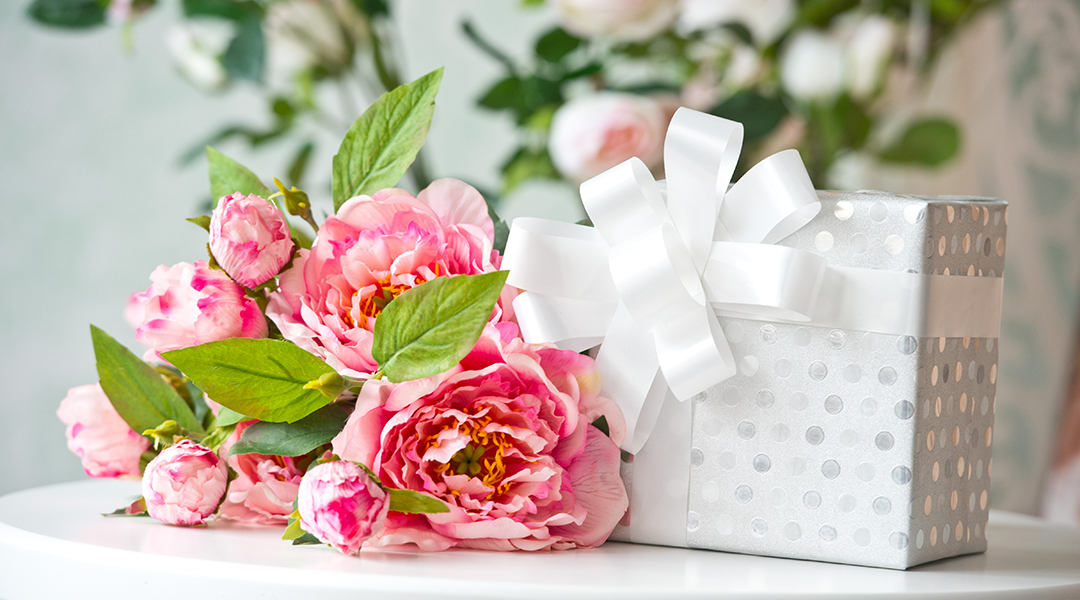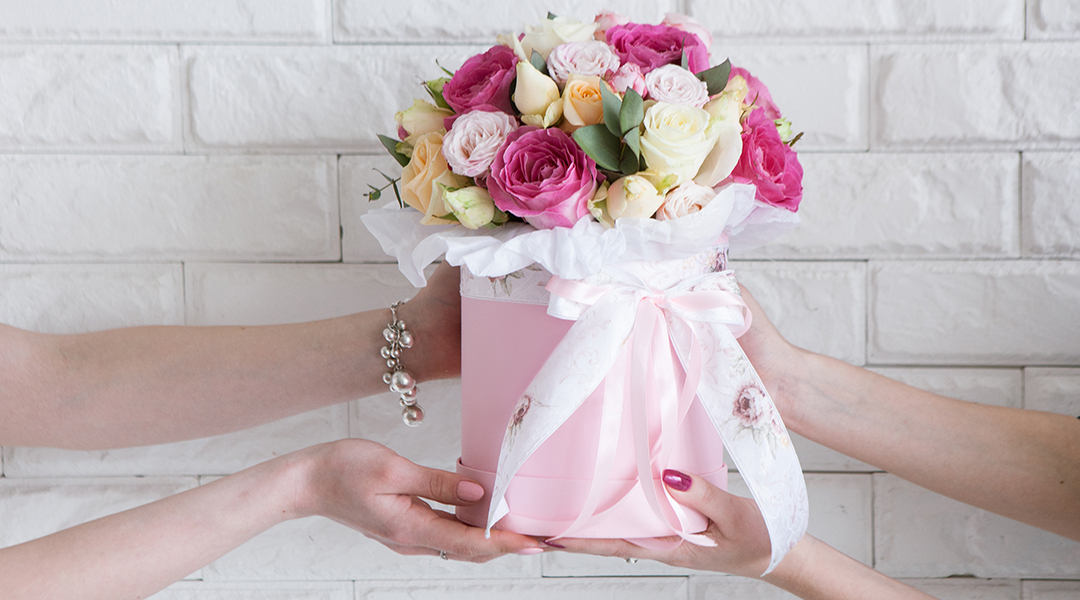The Meaning of Gifting Flowers in Different Cultures
Flowers have been a mode of communication for hundreds of years. It was developed as a form of communication during a period when it was considered impolite and inappropriate for individuals to express their emotions to others verbally. It was especially if these emotions were about appreciation, love, remorse, sympathy, or any feelings that people back then considered embarrassing to be spoken out loud.
While flowers still stand as one of the most preferred gifts to express your love and convey unexpressed words, they have different meanings in different cultures. In this article, we cover what different flowers mean in certain countries, so the next time you plan on buying flowers from the flower shop Dubai, you prevent sending across the wrong message.
Page Content
Europe
If you visit a European friend or colleague, it is wise to avoid giving 13 flowers as it is considered unlucky. You can gift them odd-numbered flowers, so long as it doesn’t count up to thirteen flowers.

Japan
In Japanese culture, the idea of gifting flowers is heavily associated with tradition. They are offered to celebrate occasions such as anniversaries, weddings and birthdays, and social obligations such as when individuals return from a trip. When you return from a trip, you are expected to bring along souvenirs for your family and friends. That said, flower gifting in Japan can be quite the challenge, as every flower type and color has a different meaning associated. For instance, flowers are a customary gift to those who are sick and are a traditional gift to those in the hospital. But you have to be very careful and avoid potted plants as the deep roots are a sign of the illness worsening.
China
Gift-giving is practiced in China, showing reverence, appreciation, friendship, affection, and hospitality. It is also an essential way of maintaining a long-lasting relationship. Every flower holds a special meaning like chrysanthemum, and white flowers are popularly used when visiting a funeral or mourning. Impress your Japanese clients by gifting them sunflowers or carnations as it shows respect and gratitude. Bamboos are for financial success, while tulips are to adore their intelligence.

Russia
What might seem like an old-school or preservative custom to many, it is still very much a standard practice found among Russians? Given that flowers are associated with love and care, it plays a very significant role, especially in romantic relationships. While you can never go wrong with it, you must, at all costs, avoid gifting even number of flowers, as these are only for funerals. It would be best if you also avoided yellow flowers, as it is a sign of separation or a breakup. So, don’t expect your Russian partner or friend to be surprised or cheered by the bright yellow color of the flowers.










